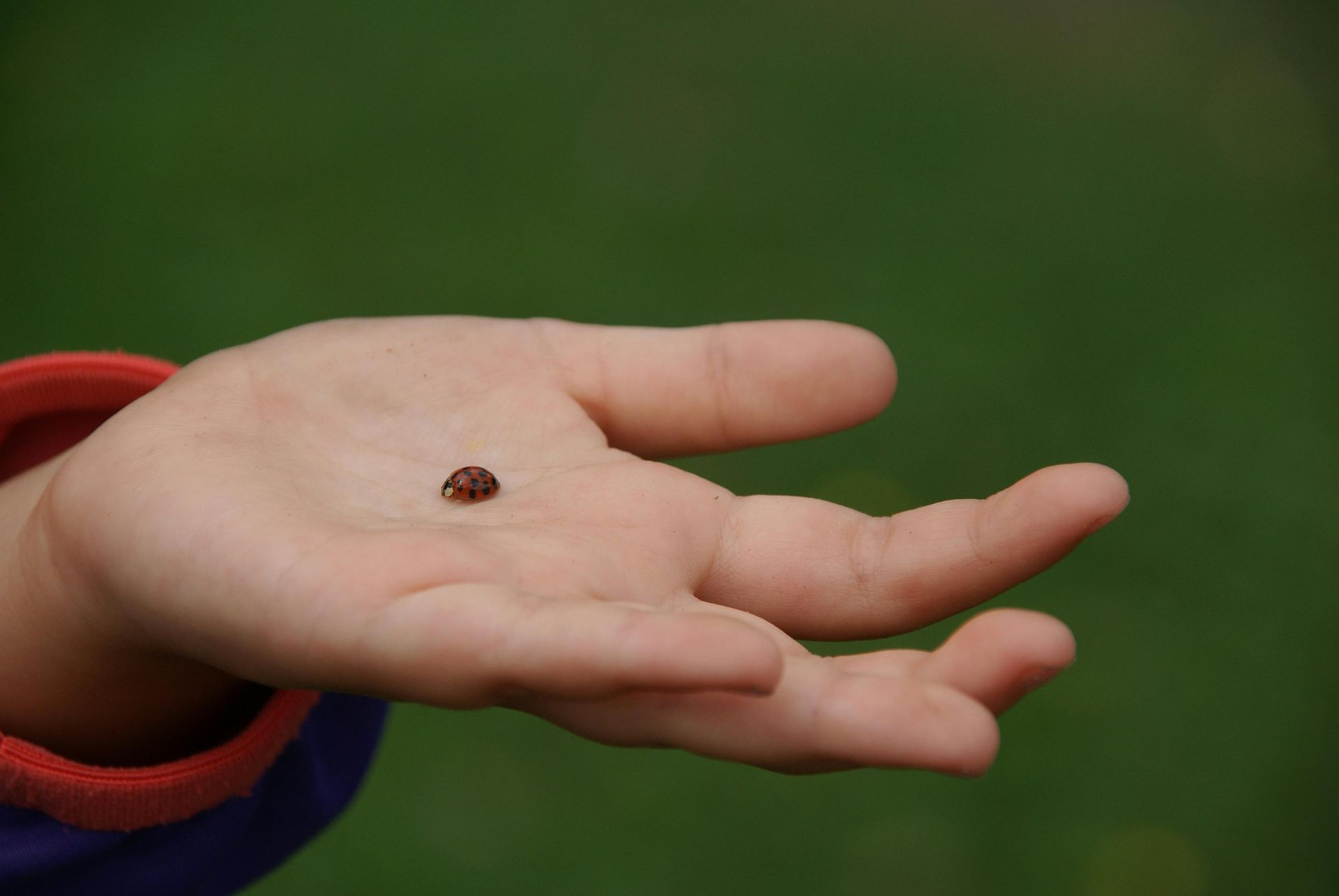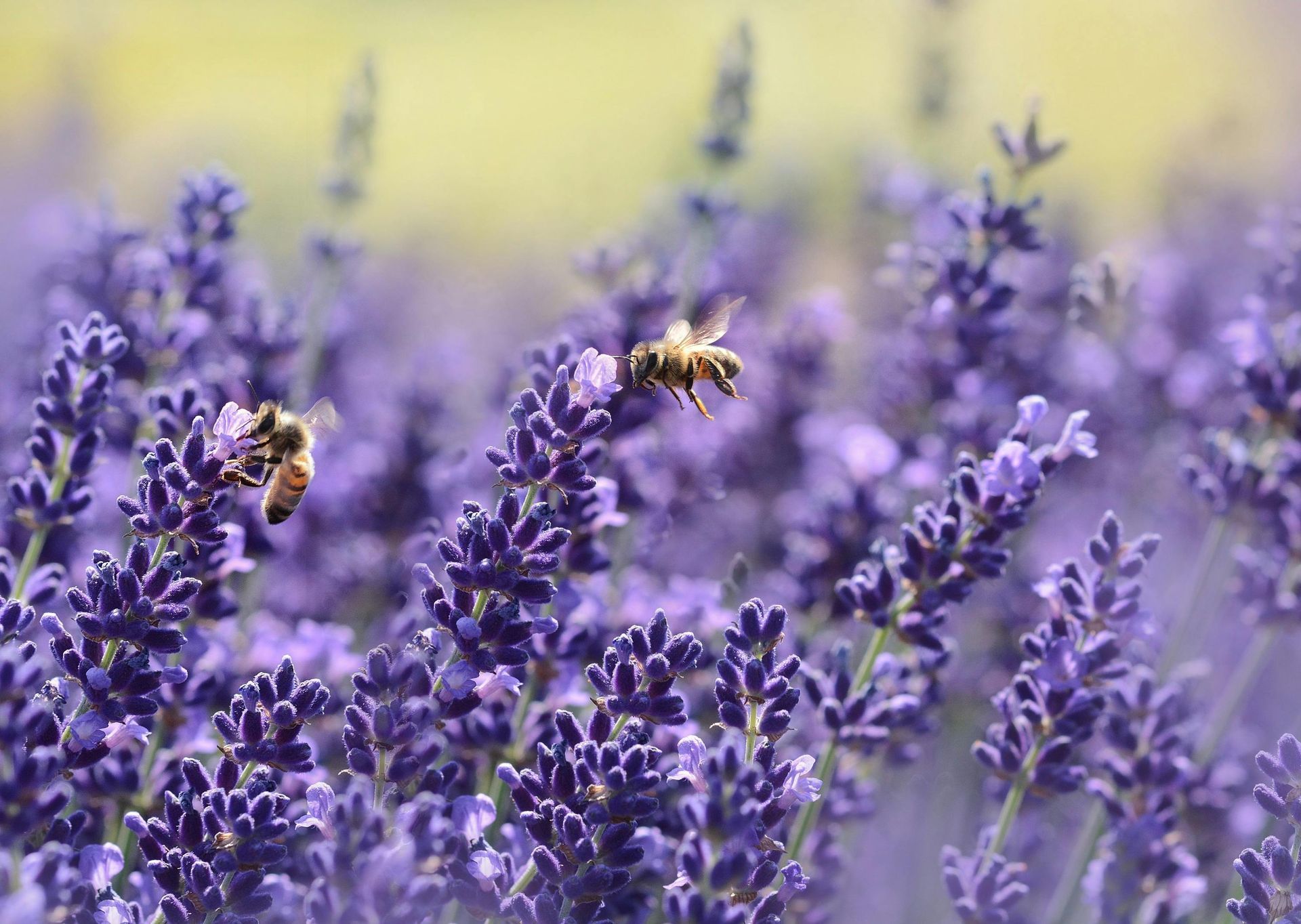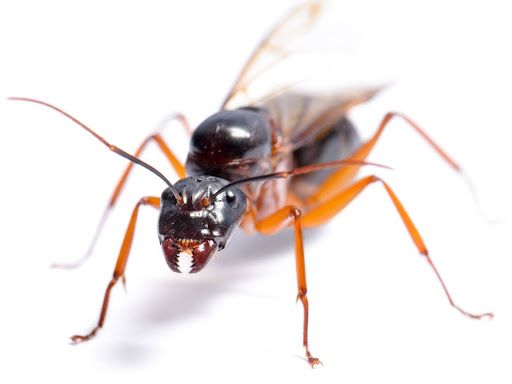Pet-Safe Pest Control: How to Keep Your Furry Friends Protected from Pests and Toxic Chemicals
As pet owners, we want to provide the best possible environment for our beloved furry friends. While it is essential to keep pests at bay to protect our pets from diseases and infections, it is also vital to ensure that we do not expose them to toxic chemicals in the process. We will discuss pet-safe pest control methods that will help you maintain a clean and healthy home without putting your pet's well-being at risk.
Choose Pet-Friendly Pest Control Products
When choosing pest control products, always check the label for ingredients that might be harmful to your pet. Look for products that are specifically designed for pet-safe use or are labeled "pet-friendly." Avoid those containing ingredients such as organophosphates, carbamates, and pyrethroids, which can be toxic to pets.
Use Natural Pest Repellents
Instead of resorting to chemical pesticides, consider using natural repellents that are safe for your pets. Some examples include:
Diatomaceous Earth: This non-toxic powder can be sprinkled around your home's entry points and garden beds to deter ants, fleas, and other insects.- Essential Oils: Some essential oils, such as lavender, lemongrass, and peppermint, can help repel insects. Mix a few drops of the essential oil with water in a spray bottle and apply it to areas where pests are a problem. Be sure to use diluted solutions and avoid direct contact with your pet's skin or fur.
- Vinegar: A mixture of equal parts water and white vinegar can be used to clean surfaces and repel ants, spiders, and other pests. It's a safe, non-toxic solution that won't harm your pets.
Maintain a Clean Environment
Keeping your home clean and clutter-free can significantly reduce the chances of attracting pests. Follow these tips to maintain a pest-free environment:
Regularly vacuum your home, paying special attention to your pet's bedding and resting areas.- Seal any gaps or cracks around doors and windows to prevent pests from entering your home.
- Keep food sealed in airtight containers, and don't leave pet food out for extended periods.
- Dispose of trash promptly and ensure that outdoor garbage cans have secure lids.
Practice Safe Outdoor Pest Control
If you need to use pest control products outdoors, such as for treating your garden or lawn, take extra precautions to ensure your pet's safety:
Opt for pet-safe pesticides and herbicides whenever possible.- Keep your pet indoors or on a leash when applying chemicals, and allow the treated area to dry completely before allowing your pet to return.
- Regularly check your yard for signs of rodent infestation or insect nests and address them promptly using pet-safe methods.
Consult Your Veterinarian
If you're unsure about the safety of a pest control product or method, consult your veterinarian for advice. They can provide guidance on the best course of action for your specific situation and may recommend alternative treatments if needed.
Pet-safe pest control doesn't have to be a challenge. By choosing pet-friendly products, utilizing natural repellents, maintaining a clean environment, practicing safe outdoor pest control, and consulting your veterinarian, you can keep your home free of pests while ensuring the well-being of your furry friend.
For more information on the smaller pests that might get into your house and what to do about them,
check out this blog post here!




